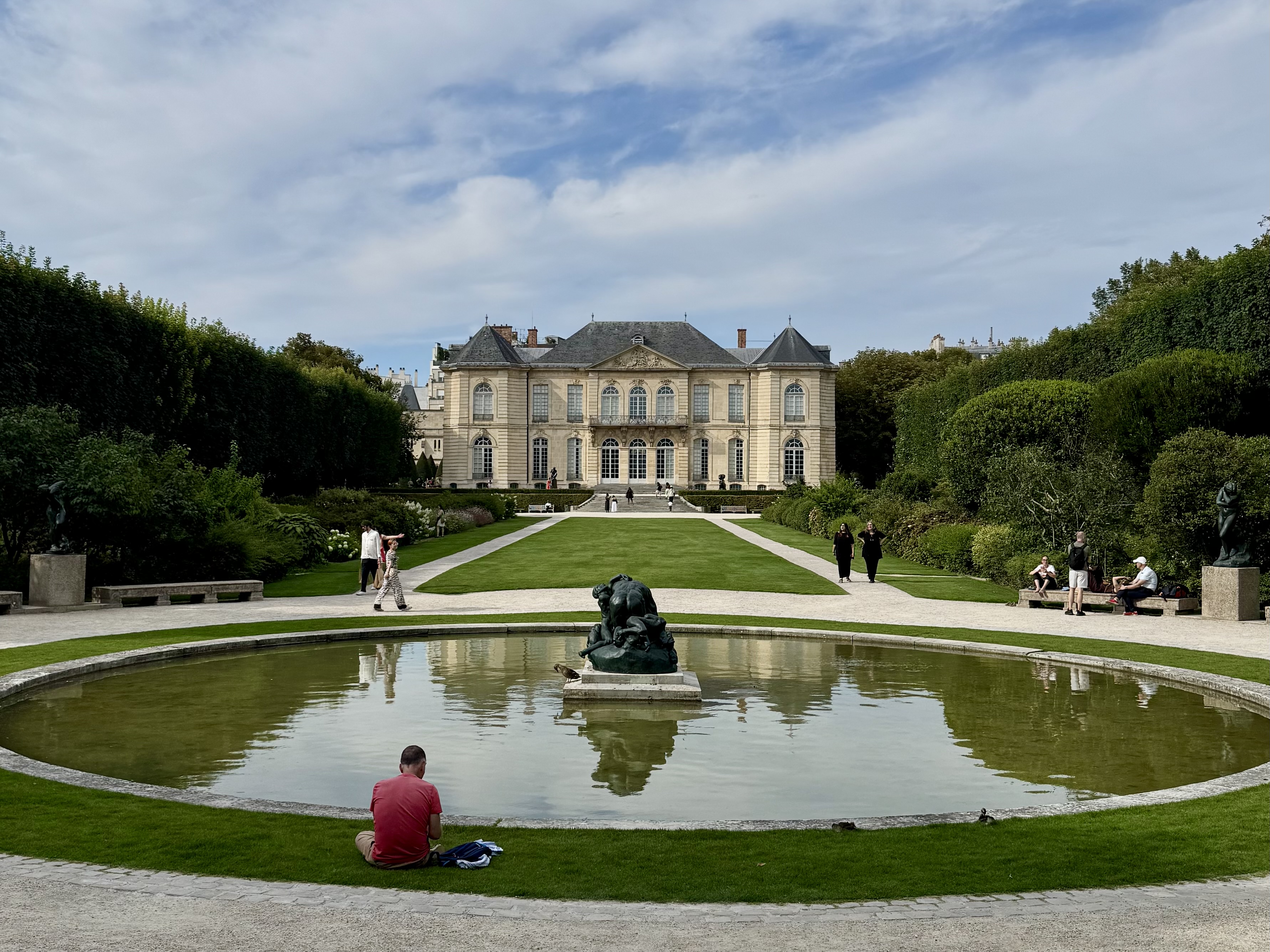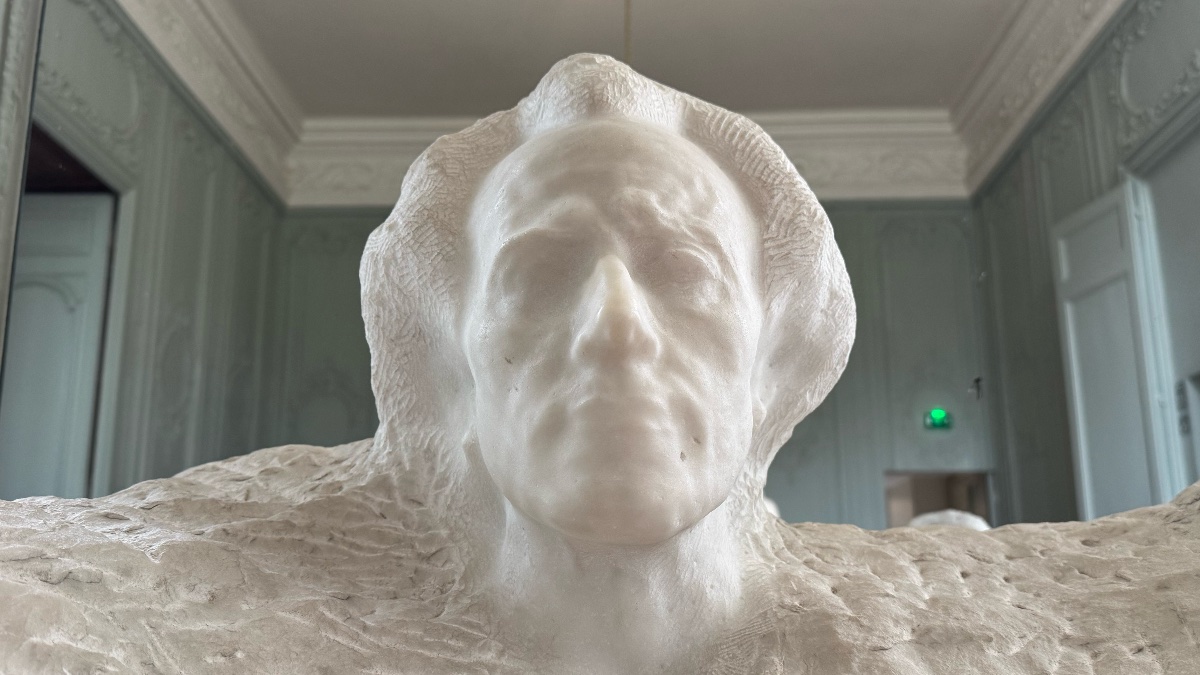Week 31 of the humanities crash course focused on two classic texts of political theory: Rousseau’s The Social Contract and Machiavelli’s The Prince. I re-read the latter two years ago, so this week, I focused on Rousseau. That said, I’ll still share reflections on both — the fruit of an organized note-taking system.
Readings
The Social Contract was a precursor and inspiration to the French Revolution. Rousseau describes an ideal balance between personal liberty and collective authority, which is necessary for a polity to work.
True freedom comes from producing and obeying laws one has accepted to allow for peaceful coexistence. You’re only truly free when you live under laws you help make. More broadly, a people have a “general” will (in contrast to the aggregate of individual wills) that leads them to self-organize. Rousseau calls this “the Sovereign,” and it is the foundation for legitimate political authority.
The social contract is the agreement by which people come together to establish a common polity. By joining with others, we give up some rights in exchange for protection and participation in the whole. Legitimate authority doesn’t come from force or inheritance, only from the social contract.
Sovereignty is the expression of the general will and it can‘t be delegated. (Rousseau doesn’t believe in representative democracy.) Instead, the Sovereign shares some authority with an Executive and Legislator, which play supporting roles. The book explores how the interplay of these three entities allow for efficient governance — or not.
Polities work best when they are small. Small towns work better than cities which work better than nations. Dictators are called for in times of emergency — but there need to be provisions in place to limit their time in charge. This requires that they not have legislative power.
But laws and formal political structures aren’t enough to hold a people together. Instead, Rousseau also argues for a ”civil religion” — a shared set of morals that binds citizens to each other. When they lose their shared identity, the state is lost.
The Prince is about power — how to get it and how to keep it. Machiavelli wrote the book as no-holds-barred advice for political rulers wishing to use power and stay in power. Machiavelli distinguishes between new princes and those who inherited their position. He proposes different strategies for each (but spends more time addressing new rulers.)
The book is famous for obviously contradicting Christian morals. For example, Machiavelli argues that it’s better for subjects to fear than love their rulers. Cruelty and deception are justifiable if they increase stability and power. He illustrates these points with contemporary and historical examples. He highlights the importance of taking advantage of contingent events, which calls for rulers to act boldly and decisively.
Machiavelli is a realist: he sees politics and ethics as separate domains. Statecraft is about effectiveness and control, not “goodness.” While this might seem devious, it accurately describes how politics works in real life.
Audiovisual
Music: Mozart Piano Concertos 20 and 23 and his Serenade 13 (Eine Kleine Nachmusik.) These are among the most famous works in the classical repertoire, so I’d heard them many times before this week.
Arts: Gioia recommended looking at the work of French sculptor Auguste Rodin.
I was on vacation in Paris this week and had the opportunity to spend a couple of hours experiencing Rodin’s work in the Museé Rodin. The grounds are as spectacular as the work — especially on a beautiful summer afternoon.

Grounds of the Museé Rodin in Paris
Rodin’s The Thinker and The Kiss are among the most well-known sculptures in the world, but I’d never seen his portraits. They’re uncanny.
Cinema: The first Coen brothers movie, BLOOD SIMPLE.
The trademark Coen style is evident even in this lower-budget first outing. They got the money to make the movie by prototyping it as a trailer — a designerly approach.
Reflections
Both of these books highlight tensions that remain as relevant today as they were during Machiavelli’s and Rousseau’s lives.
The central tension in The Social Contract is that between liberty and authority. We can’t truly be free unless we live in peace with each other, and living in peace entails submitting to laws we’ve collectively chosen. The book argues against the sort of arbitrary power that had been the norm until then.
The central tension in The Prince is that between moral actions and effective actions. Of course, there are some cases where the moral choice is also the most effective. But there’s a reason why the word Machiavellian has come to mean devious scheming: the book suggests that the morally “right” choice often sets rulers back.
Tune into the news to see these dynamics at play. The loss of a shared identity (Rousseau’s civil religion) is a plague affecting many societies today — and in response, many are turning towards authoritarianism. Rousseau and Machiavelli help us make sense of this moment: one shows the foundations of legitimate authority and the other what happens when they erode.
Notes on Note-taking
This week’s material stress tested my knowledge garden. I’ve been on vacation, so I decided to skip The Prince. I’d just re-read it two years ago, so I’d rely on my notes.
After finishing a book, I always write my reflections in a dedicated Obsidian note. Some are more complete than others. Some are more relevant than others to my interests. Those tend to have longer notes.
Two years ago, I’d already started using GPT to write reflections and summaries. In revisiting my notes for The Prince now, I found
- Assorted thoughts of what stood out to me.
- A GPT-generated book summary.
- A section where I prompted GPT to explain the book’s influence.
At this time, I reviewed my notes and GPT’s summary. This brought to mind the book’s content and what I thought at the time. But I’m making more reflective notes than I was two years ago, so I added a summary of my own at this time.
Despite its many contemporary examples, The Prince is an evergreen book. I expect to revisit it at other points in my life. I’ll revisit my notes then, adding, moving, correcting — the essence of evergreen note-taking in a knowledge garden.
Up Next
Gioia recommends the first book of Rousseau’s Confessions plus Voltaire’s Candide. I read the latter in college, but it’s been too long, so I’ll revisit it again at this time.
Again, there’s a YouTube playlist for the videos I’m sharing here. I’m also sharing these posts via Substack if you’d like to subscribe and comment. See you next week!
